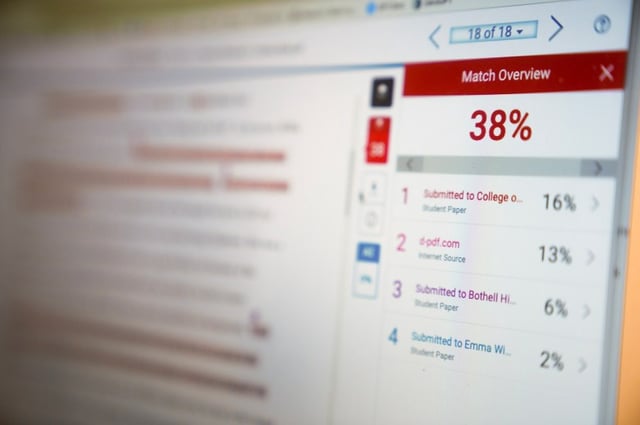Overview
- Senate Republicans introduced a provision in a major tax-and-spending bill that would bar states from regulating AI for 10 years, potentially deepening the policy vacuum institutions face.
- Colleges and universities have deployed AI-detection software and tightened AI-use policies in syllabi despite mounting evidence that such tools cannot reliably distinguish human from machine writing.
- Critics warn that AI-detection tools disproportionately flag multilingual students, disabled individuals and writers of non-standard dialects, exacerbating equity concerns in academic integrity enforcement.
- Educators are shifting from policing AI use to teaching students authorial responsibility, requiring them to account for their sources and take ownership of their work regardless of the tools used.
- Instructors are redesigning assessment tasks to focus on revision, critique and synthesis of AI-generated content, ensuring students demonstrate critical understanding rather than conceal tool assistance.

